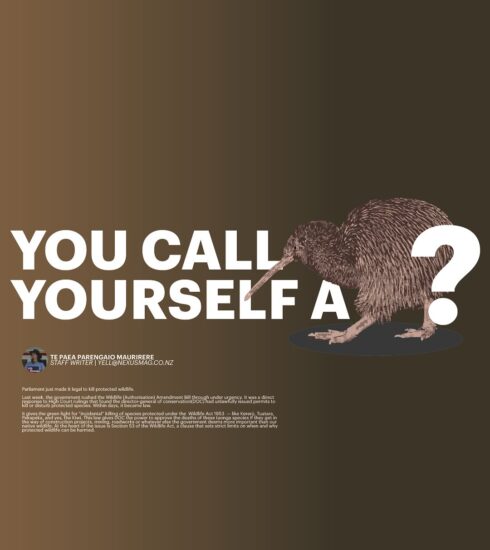Māori firefighter files treaty claim against Fire and Emergency New Zealand
A senior Māori firefighter has filed a Waitangi tribunal claim against Fire and Emergency New Zealand (FENZ). Allan Brown leads an educational fire safety program, which he has invested $30,000 into, with FENZ not contributing anything. Brown says that FENZ has continually ignored and neglected Māori-led solutions and programs, which is detrimental to vulnerable Māori communities.
As per a 2018 FENZ commissioned report, it stated that Māori were 3 times more likely to die in a fire – further proving the disparities between them and the common majority. The report was conducted by the University of Otago, receiving data regarding fire fatalities from 2007-2014. This report showed that the highest demographic affected within the received data pool of 65+ were males and Māori. The main point was to research accidental fire mortality rates, but additionally, the report showed that the main causes of fires were cigarettes igniting fabric in the home, with more fires occurring at night. The fourth recommendation in this report was as follows.
“Fire and Emergency should continue supporting and developing: 1) bicultural policy and culturally appropriate services and networks to promote fire safety to Māori; and 2) effective fire safety strategies for Pacific peoples & other ethnic minorities. Establishing active community partnerships to support Fire and Emergency fire safety programs may produce more effective means of accessing and educating at-risk communities. Educational or awareness activities to guide safe fire-fighting should be considered.” (Unintentional domestic fire-related fatal injury in New Zealand 2007-2014, University of Otago)
This report shows FENZ were made aware of at-risk groups that should be offered support, and of the fact that it was recommended they support services targeted to these groups. Upon Brown filing this tribunal claim, FENZ stated that they agree Māori are disproportionately affected by fire risk and have claimed to be working with iwi on initiatives, and have upscaled existing ones to better reach communities. Despite this, they have failed to fund programs being led by firefighters seeking to remedy FENZ failings themselves, such as Brown’s, which have proven effective.
The Fire and Emergency New Zealand Act 2017, s3 (a), provides that the act seeks to “Reform the law relating to fire services, including by strengthening the role of communities and improving the support for volunteers in the provision of fire services…”.
In relation to Te Tiriti o Waitangi, treaty rights can only be enforced in court where the legislation or act refers directly to the treaty. FENZA 2017 makes no direct reference to treaty rights, and as such, the case is going through the Waitangi Tribunal – which can only make recommendations to the Crown regarding treaty rights. The Waitangi Tribunal can also interpret the meaning and effect of the treaty.





